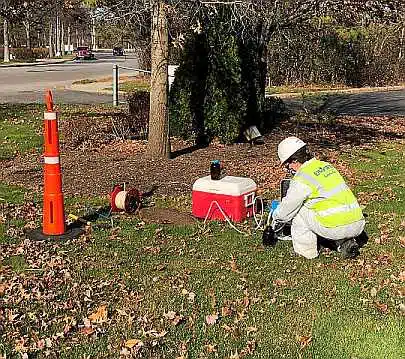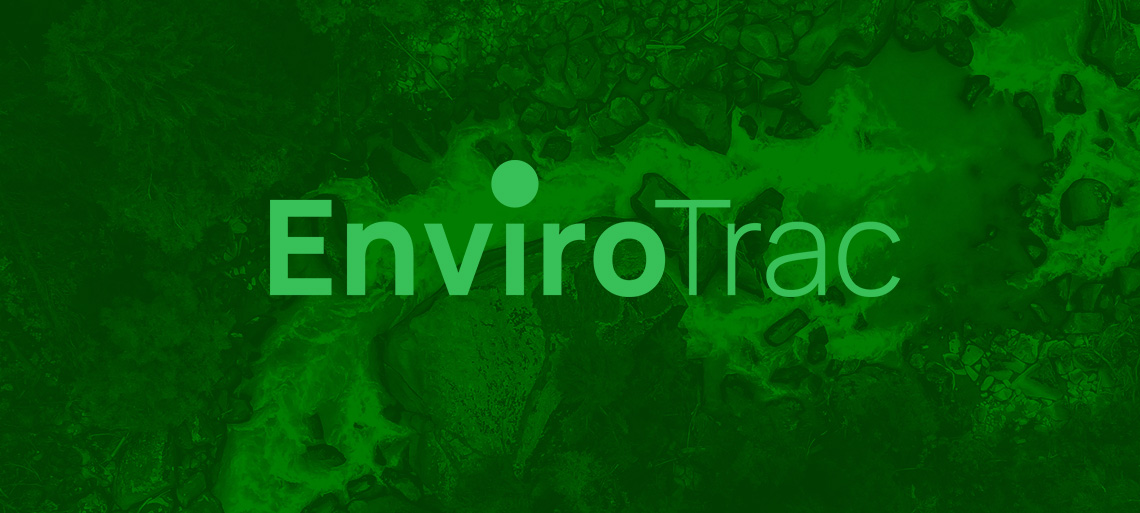
Wastewater monitoring is being implemented for detecting Covid-19 in communities large and small. The Center for Disease Control and Prevention (CDC) recently came out with a new public health tool to understand the spread of COVID-19 in a community. The CDC, along with the US Department of Health and Human Services (HHS), is initiating a National Wastewater Surveillance System https://www.cdc.gov/coronavirus/2019-ncov/cases-updates/wastewater-surveillance.html. Data collected from the testing of untreated wastewater (sewage) has been a successful method of early detection for other diseases such as polio. Early detection has been proven vital in reducing viral outbreaks and is now being applied to Covid-19 prevention.
The CDC is currently on a fast track to developing a database where state and local health departments can upload data collected from wastewater samples to provide a “pooled community sample” of Covid-19 infections. This testing method is currently being implemented to complement the individual testing presently taking place.
How is Covid-19 detected in wastewater?
Being that traces of Sars-CoV-2 can be found in the fecal matter of both symptomatic and asymptomatic people, grabbing a sample from wastewater systems helps give insight into a community’s overall health. Laboratories (Pace Analytical https://www.pacelabs.com/assets/pace-analytical-2020-10-30-sars-cov2-sample-guide.pdf) are able to test wastewater using a method that detects the genetic signature of SARS-CoV-2, the virus responsible for COVID-19. The University of Arizona tested dorm wastewater and found traces of the Covid-19 virus. The University further tested all students residing at this dormitory and revealed two students were indeed infected. University administrators quickly placed the two students that tested positive into quarantine and prevented a wide spread of the Coronavirus.
Why is wastewater monitoring effective for detecting viruses?
Quick Results and Quick Detection
Results are received as quickly as one day after sampling. Laboratories can deliver evidence of Covid-19 carriers five days before the physical symptoms commonly associated with the virus show up. This lead time can provide significant advantages to commercial, residential, educational, manufacturing, and government sectors to develop mitigation plans to ensure community safety and potentially limit any daily operational interruption.
Not a New Science
Wastewater sampling has proven effective in mitigating viral outbreaks for many years. Government and health care professionals have widely used wastewater sampling to detect the poliovirus’s presence, tested to determine the prevalence of illicit drug use in a community, especially opioids, and to measure communities’ nutritional levels in underdeveloped nations.
Cost-Effective Testing
Testing a large sample at one time is by far less expensive than routinely testing individuals.
Assess and Alter Current Work Strategies
Early detection can help a business or large institution enact changes to their current work strategies. Examples include initiating a work/study from home policy or a scattered work/class schedule. A business or school might opt to hire decontaminating professionals to clean and sanitize work or living spaces.
What are the different sampling methods being used for Covid-19 monitoring in wastewater?
There are two types of sampling methods currently in use. A one-time grab sample and a composite sample collected over a set time.
Which testing model is better?
The one-time grab sample test will only provide a small sample at a fixed point in time. If technicians collect a sample n from a wastewater source (sewer), that sample most likely will only show results for one or a few individuals at that given time.
The composite sample represents a larger population based on the extended sampling period. Samples are collected automatically at selected time intervals over a selected amount of time (e.g., every 20 minutes for 24 hours), giving administrators and management better data to make decisions.
What is the bottom line?
Sampling wastewater gives various communities real-time data to evaluate current Covid-19 conditions to potentially mitigate further outbreaks without the cost and uncertainty of constant individual testing. Institutions, including private and public universities, prisons, manufacturing plants, even oil rigs, and mining operations, should consider implementing wastewater testing. Early detection will help prevent widespread infection, thus reducing operational interruptions and help mitigate potential outbreaks for a healthier community.



